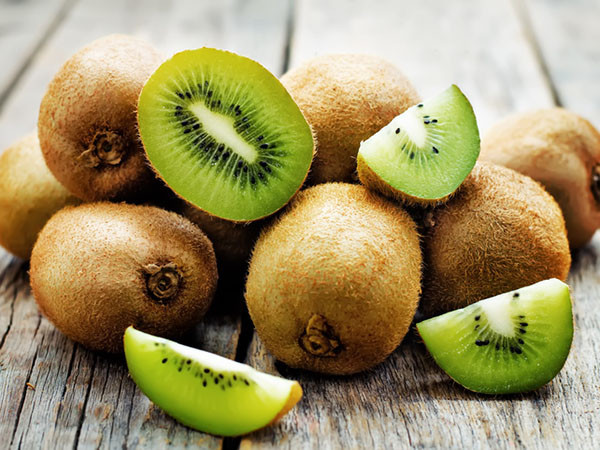
What are somatic workouts?

How to curb your stress eating

How to spot Parkinson’s disease symptoms

8 simple ways to reduce ultra-processed foods in your diet

Heart failure symptoms in women: How they’re different

GERD diet: Foods to avoid to reduce acid reflux

Strong is the new skinny

Everyday habits that sneakily weaken your bones

Don’t wait to get help for back pain

Correcting how you walk may ease osteoarthritis knee pain
Digestive Health Archive
Articles
Feeling the burn of acid reflux
Heartburn and gastroesophageal reflux disease are two of the most common digestive-related problems, but they often get confused with each other because they share many of the same traits. While the two conditions are connected, they are quite different. Recognizing the difference can help a person adopt lifestyle changes to manage symptoms and know when to seek other options, like medication and surgery.
The plant milk shake-up: Pea and pistachio join oat and almond
Pea, potato, and pistachio milk? Supermarkets now sell multiple kinds of plant-based milks made from nuts, beans, grains, vegetables, or fruit. Before trying these, some people might like to know more about nutritional benefits and any other reasons to choose or avoid them.
Considering a gluten-free diet
People with celiac disease must avoid all foods that contain the protein gluten, found in wheat, barley, rye, and other grains. Those with nonceliac gluten sensitivity can also benefit from a gluten-free diet.
You don't say? Excuse me, but should you squelch your belch?
Burping is often seen (and heard) as something rude and crude, but it serves an essential purpose by preventing the stomach from overinflating with air from eating.
Is it a heart attack?
The first-ever guidelines to diagnose chest pain document the range of possible heart attack symptoms. They include a sense of pressure, tightness, squeezing, or heaviness in the chest but also in the shoulders, arms, neck, back, upper abdomen, or jaw. The report also provides a road map to help doctors assess chest pain with selective use of the latest available tests. Chest discomfort can also result from other conditions that affect the heart (such as pericarditis) and nearby organs. These include acid reflux, muscle or joint issues, and lung problems.
Another natural remedy for constipation?
Constipation can describe many types of problems with moving your bowels. It becomes chronic when it lasts for weeks or months. Many people are interested in natural remedies for constipation, and one of the most common is adding fiber to your diet. A new study compared three natural sources of fiber, with encouraging results.
In search of a milk alternative
People who are unable to or don't want to drink cow's milk have alternatives, such as milks made from grains, nuts, and soy.
The dos and don'ts of managing diverticular disease
People who have diverticular disease have tiny pouches (diverticula) in the lining of the colon that can bleed or perforate and develop infection (called diverticulitis). People with diverticular disease should eat a healthy diet rich in fiber, drink lots of water, exercise regularly, maintain a healthy weight, not smoke, avoid straining in the bathroom, and report bleeding or pain to a doctor. However, it's not necessary to avoid eating nuts, seeds, or popcorn, which were once believed to lodge in diverticula and cause problems. That old advice turned out to be wrong.
Tough to swallow
Constipation: A connection to cardiovascular disease?

What are somatic workouts?

How to curb your stress eating

How to spot Parkinson’s disease symptoms

8 simple ways to reduce ultra-processed foods in your diet

Heart failure symptoms in women: How they’re different

GERD diet: Foods to avoid to reduce acid reflux

Strong is the new skinny

Everyday habits that sneakily weaken your bones

Don’t wait to get help for back pain

Correcting how you walk may ease osteoarthritis knee pain
Free Healthbeat Signup
Get the latest in health news delivered to your inbox!
Sign Up











